Atiyeh Ashari Ghomi
Textual Bayes: Quantifying Uncertainty in LLM-Based Systems
Jun 11, 2025
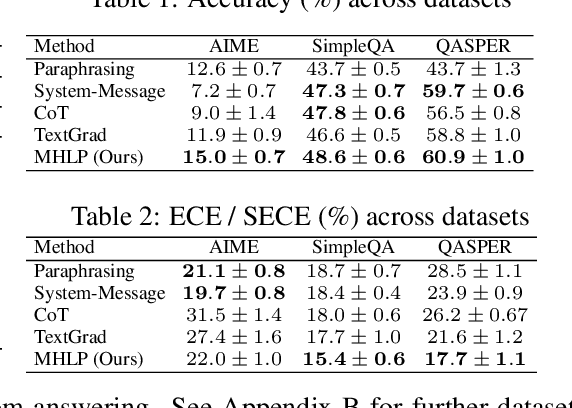
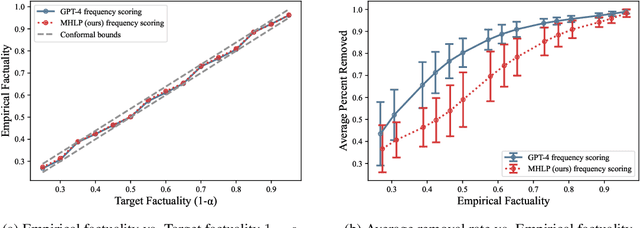
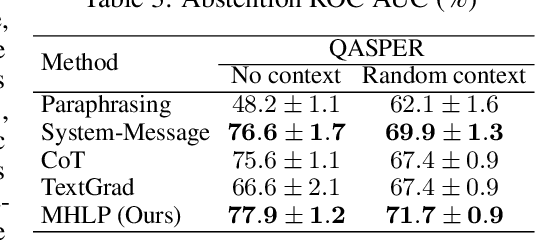
Abstract:Although large language models (LLMs) are becoming increasingly capable of solving challenging real-world tasks, accurately quantifying their uncertainty remains a critical open problem, which limits their applicability in high-stakes domains. This challenge is further compounded by the closed-source, black-box nature of many state-of-the-art LLMs. Moreover, LLM-based systems can be highly sensitive to the prompts that bind them together, which often require significant manual tuning (i.e., prompt engineering). In this work, we address these challenges by viewing LLM-based systems through a Bayesian lens. We interpret prompts as textual parameters in a statistical model, allowing us to use a small training dataset to perform Bayesian inference over these prompts. This novel perspective enables principled uncertainty quantification over both the model's textual parameters and its downstream predictions, while also incorporating prior beliefs about these parameters expressed in free-form text. To perform Bayesian inference, a difficult problem even for well-studied data modalities, we introduce Metropolis-Hastings through LLM Proposals (MHLP), a novel Markov chain Monte Carlo (MCMC) algorithm that combines prompt optimization techniques with standard MCMC methods. MHLP is a turnkey modification to existing LLM pipelines, including those that rely exclusively on closed-source models. Empirically, we demonstrate that our method yields improvements in both predictive accuracy and uncertainty quantification (UQ) on a range of LLM benchmarks and UQ tasks. More broadly, our work demonstrates a viable path for incorporating methods from the rich Bayesian literature into the era of LLMs, paving the way for more reliable and calibrated LLM-based systems.
Benchmarking Robust Self-Supervised Learning Across Diverse Downstream Tasks
Jul 18, 2024



Abstract:Large-scale vision models have become integral in many applications due to their unprecedented performance and versatility across downstream tasks. However, the robustness of these foundation models has primarily been explored for a single task, namely image classification. The vulnerability of other common vision tasks, such as semantic segmentation and depth estimation, remains largely unknown. We present a comprehensive empirical evaluation of the adversarial robustness of self-supervised vision encoders across multiple downstream tasks. Our attacks operate in the encoder embedding space and at the downstream task output level. In both cases, current state-of-the-art adversarial fine-tuning techniques tested only for classification significantly degrade clean and robust performance on other tasks. Since the purpose of a foundation model is to cater to multiple applications at once, our findings reveal the need to enhance encoder robustness more broadly. Our code is available at ${github.com/layer6ai-labs/ssl-robustness}$.
Augment then Smooth: Reconciling Differential Privacy with Certified Robustness
Jun 14, 2023
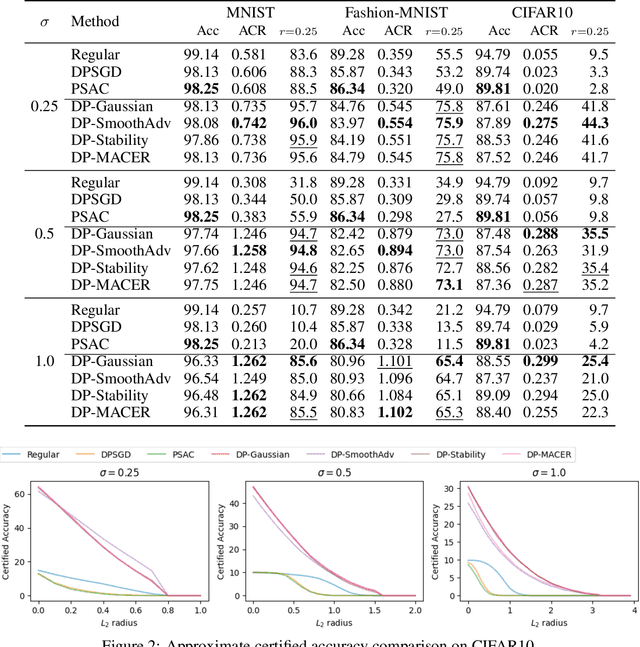
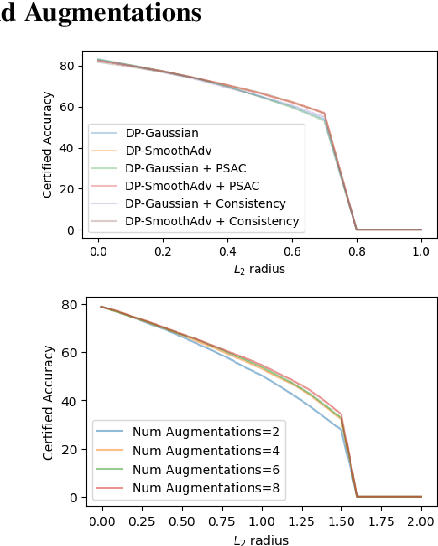
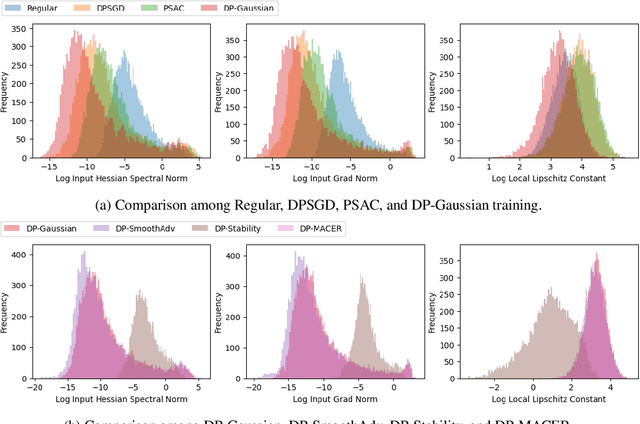
Abstract:Machine learning models are susceptible to a variety of attacks that can erode trust in their deployment. These threats include attacks against the privacy of training data and adversarial examples that jeopardize model accuracy. Differential privacy and randomized smoothing are effective defenses that provide certifiable guarantees for each of these threats, however, it is not well understood how implementing either defense impacts the other. In this work, we argue that it is possible to achieve both privacy guarantees and certified robustness simultaneously. We provide a framework called DP-CERT for integrating certified robustness through randomized smoothing into differentially private model training. For instance, compared to differentially private stochastic gradient descent on CIFAR10, DP-CERT leads to a 12-fold increase in certified accuracy and a 10-fold increase in the average certified radius at the expense of a drop in accuracy of 1.2%. Through in-depth per-sample metric analysis, we show that the certified radius correlates with the local Lipschitz constant and smoothness of the loss surface. This provides a new way to diagnose when private models will fail to be robust.
Disparate Impact in Differential Privacy from Gradient Misalignment
Jun 15, 2022



Abstract:As machine learning becomes more widespread throughout society, aspects including data privacy and fairness must be carefully considered, and are crucial for deployment in highly regulated industries. Unfortunately, the application of privacy enhancing technologies can worsen unfair tendencies in models. In particular, one of the most widely used techniques for private model training, differentially private stochastic gradient descent (DPSGD), frequently intensifies disparate impact on groups within data. In this work we study the fine-grained causes of unfairness in DPSGD and identify gradient misalignment due to inequitable gradient clipping as the most significant source. This observation leads us to a new method for reducing unfairness by preventing gradient misalignment in DPSGD.
 Add to Chrome
Add to Chrome Add to Firefox
Add to Firefox Add to Edge
Add to Edge